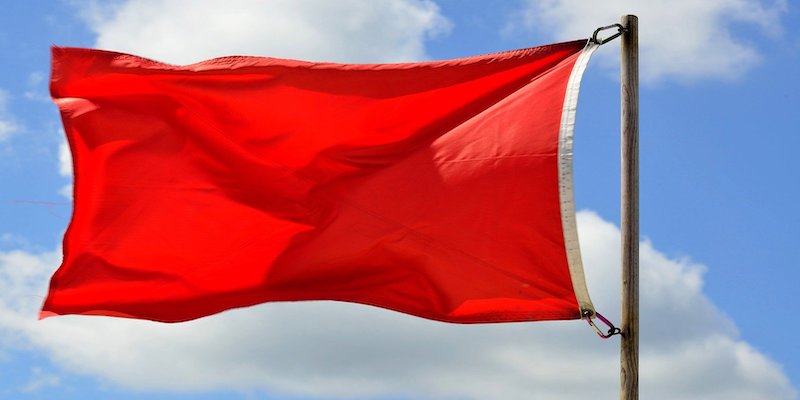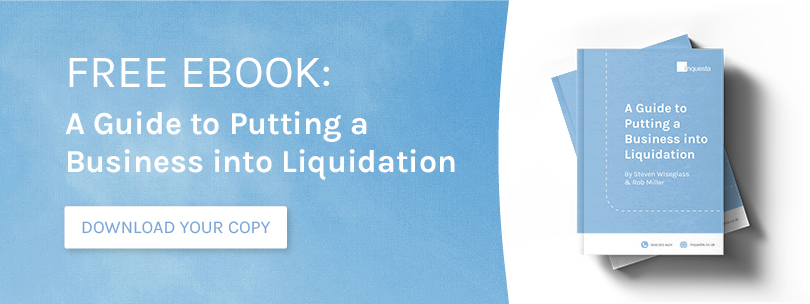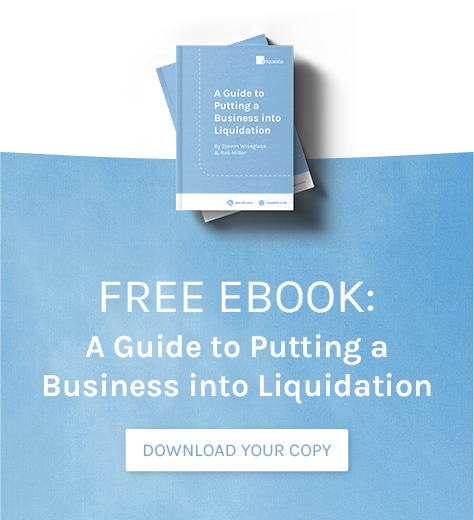Being a director of a company is a lofty aim for any would-be business person. But are you aware of the specific rights and responsibilities of company directors?
Punishment for failing to adhere to the legislation can result in strict consequences against you personally, or against your business.
Get educated, be informed, and stay secure with Inquesta’s latest blog. Discover more about the role of a director, as well as the rights and responsibilities they have. Also find out more about what the consequences are in the event of a breach.
What is a Director in a Company?
A company director is an elected member of the board of directors within a company. Along with any other directors the business may have, they are responsible for making key decisions and coming up with ways to make these plans come to fruition.
In essence, a company director is tasked with managing the day-to-day running of their business – this will involve making staff decisions such as changing the business strategy, deciding on possible premises moves, forming contracts with third parties, keeping the finances positive, and more.
A company director does not necessarily have to be an employee, they may only hold the title of director within their particular business.
The role of a director is to complement the business and allow it to thrive and grow under their stewardship.
What are the Rights of a Company Director?
To ensure that a business can’t ever develop into an all-out power grab, all company directors need a selection of rights. These can range from the delegation of tasks to having access to company records and other financial documentation. These rights are designed to support directors and ensure that everybody within the firm is acting in a fair, uniform manner.
Being a company director is a lofty position, and carries with it a lot of weight and responsibilities. To be able to fulfill their obligations it is essential that directors feel that they have the right protections in place to allow them to do their job in the most effective, efficient manner possible.
Here are a selection of company director rights in more detail:
- Inspect your business’ books, financial records, and any documents you see fit.
- To delegate to another member of staff — as long as it is logged and above board.
- To take part in board meetings and make decisions in said meetings.
- Remain in your position unless removed in a fashion agreed already — majority vote by other directors is a common way to remove a director.
The Duties and Responsibilities of Company Directors
As company director, the burden of responsibilities lies on your shoulders. However, the duties and responsibilities of company directors extend beyond addressing queries and fixing any issues, there are a wide array of things you must constantly stay on top of; such as promoting company success, maintaining consistent filing, acting within your powers, and more.

Keeping up to date with the duties and responsibilities you have as a company director will ensure that not only are you covered against any possible liability, but the future of your business and its employees are similarly in safe hands.
Always Act Within Assigned Powers
Just because you’re a director doesn’t mean you can do whatever you like. You must always follow the company constitution and only ever use your assigned powers for the purposes they were intended.
The constitution of a limited company is named the articles of association. It is a set of regulations that the running of the company is based on. It dictates what actions directors are able to undertake in their remit.
Promote Company Success
Arguably the most important duty as a director. You must ensure that you are always acting in good faith in order to promote the success of the company, to benefit all of its members.
Promoting success generally means increasing the long-term value of the business. However, each case is different, one company may have a different measurement of success than another and the directors must act accordingly.
When making decisions to promote the success of your company, there are a few key points you should consider:
- Possible short and long term consequences of your decision
- How it may impact employees
- The impact of your operation on the local environment and communities
- Will your actions impact the businesses reputation?
- Are your actions in the best interests of the company and all of its members?
There are other factors you should also consider, such as how you can forge good relationships with suppliers, your clientele and more.
A key reason behind directors always promoting company success is to ensure that all board decisions are made in the best interest of the company as a whole, and not to benefit one individual or group.
Since 2019, businesses with more than 250 employees are now required to report how they have fulfilled this particular duty when filling out their annual report.
Independent Judgement
The position of director comes with responsibility, not least of which is to never allow yourself to be influenced or controlled by others, be it other people within the business, or even worse, a third party.
A director of any company needs to be able to form their own opinions on all important business matters.
Reasonable Care and Diligence
The need for all directors to exercise reasonable care and diligence is a key part of the role because it stops the appointment of directors based on name and reputation alone.
These appointments would usually lead to the director doing very little work and benefitting the business in minimal ways.
Avoid any Conflicts of Interest
As company director, it is expected of you that your loyalty will never be tested. In order to do this you must steer well clear of all possible conflicts of interests, drive the business away from any situation that could divide your loyalty.
If a situation does arise that turns a directors head, it is vital that they disclose it to another director, who will then pass the conflict of interest on and come up with a strategy to maintain the integrity of the business going forward.
Maintain Filing
The board of directors are duty bound to keep minutes of any meetings. This is required to provide a testimonial of the board’s decision making process.
This information is required by law to be kept for 10 years before being disposed of. The allotted time is so that, should you ever need to, you will be able to recall exactly how key business decisions were made.
The Consequences of a Breach of a Director’s Duties
As company director there is a lot of pressure on you to act and hold yourself in a manner befitting your role. The Companies Act, 2006 was introduced to set out a clear guideline for company directors. If you breach any of said guidelines the consequences can be serious — possibly even affecting you on a personal level.

Should a breach of directorial duties take place, most of the time it will be the company itself that takes action against the offending party. It is quite rare for a third party to pursue a business director for breach of their duties. However, it does happen so you must be prepared for anything.
If an incident has taken place, shareholders or other directors may look to make a claim if they feel that they have suffered some financial loss.
Consequences of a breach of a directors duties can include:
- Immediate removal of duties — this could be either temporary or permanent depending on the severity of the breach
- Interim injunction to prevent further losses
- Compensation to cover lost finances — if severe enough this can lead to court and severe repercussions
- Criminal fines
Director Responsibilities and Insolvent Trading
When a business becomes insolvent, the role of a director shifts somewhat. Once insolvent, the duty of a director is no longer in service of shareholders, members of staff, or even necessarily the business itself, it is now focused firmly on the interest of creditors.
If a company finds itself in serious financial difficulty, directors should immediately seek independent expert advice to act to protect them against any potential personal liability by breaking insolvency protocol. Consequences stemming from being found personally responsibility could be:
- Stripped of their role
- Disqualified from involvement in the management of a company for a period of time
- Financial punishment
Should a director be found personally liable, it is possible for the company to indemnify you. This is where the business will act to cover costs stemming from the claim, as well as the defence. To cover these costs it is not uncommon for companies to take out a form of insurance on behalf of its directors (D&O insurance).
How Inquesta Helps with Director Duties and Responsibilities
For additional information regarding the rights and responsibilities of company directors, as well as the potential consequences that could arise from breaching said duties, do not hesitate to contact our team at Inquesta.
We have been assisting directors to manage their duties and responsibilities for decades and have a glowing history of happy clients.
Our team are experts in the field, and have seen it all when it comes to directors and their duties. They know exactly how to help you, and guide you through any possible difficult times, or just safeguard you for any eventuality.
For further support and information on what Inquesta can do to help, contact our team today or request a free consultation.




